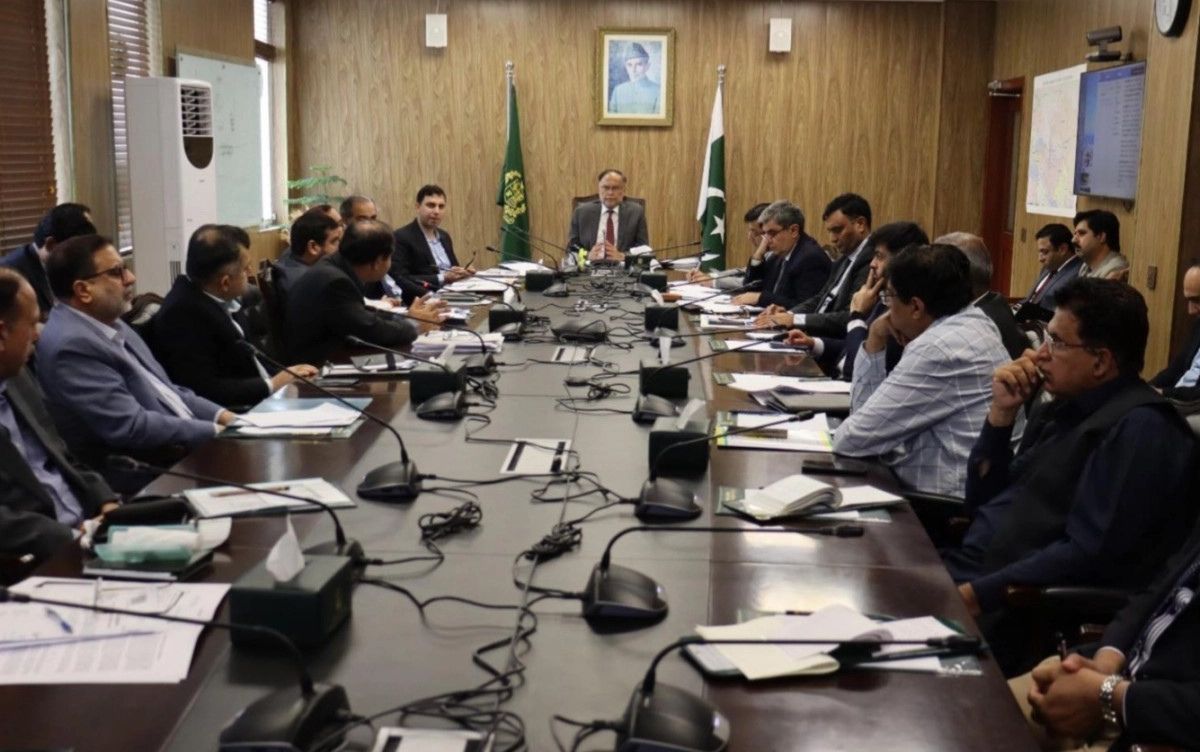Gwadar Port Set to Become Regional Trade Powerhouse
The Government of Pakistan is intensifying its strategy to operationalize Gwadar Port as a key trade and investment hub for the region. At the forefront of this effort, Federal Minister for Planning, Development, and Special Initiatives Ahsan Iqbal chaired a high-level Cabinet Committee meeting aimed at developing a comprehensive operational framework. The focus: to elevate Gwadar’s profile globally and position it as a gateway connecting South Asia to the Gulf and Central Asia.
Held in Islamabad, the meeting brought together senior representatives from crucial federal departments including Maritime Affairs, Finance, Defence, Foreign Affairs, Railways, Commerce, and the Gwadar Port Authority. Coordinated by Member Infrastructure Dr. Waqas Anwar, the session proposed tangible steps such as hosting an international conference in Islamabad, organizing global roadshows, and launching a targeted marketing campaign to attract foreign investment and build diplomatic ties with Central Asian nations.
The Ministry of Maritime Affairs presented plans to begin transshipment operations from Gwadar to the Persian Gulf, focusing initially on mineral, seafood, date, and cement exports. Minister Iqbal emphasized Gwadar’s geographical advantage as the shortest route for trade with Central Asia, instructing diplomatic missions to aggressively promote investment opportunities tied to the port.
 P.c. Pakistan Television Corp. Ltd
P.c. Pakistan Television Corp. Ltd
He further recommended the formation of a four-nation consortium, led by the Ministry of Foreign Affairs, to explore the feasibility of an undersea tunnel linking Gwadar with Oman. Proposals are also underway to launch ferry services to Gulf states, leveraging China's trade influence in the region.
Logistical readiness was another highlight, with Gwadar Port Authority confirming international standard accommodations such as the five-star Pearl Continental Hotel to host visiting maritime crews, encouraging repeat commercial visits.
In the fisheries sector, collaborative efforts between Gwadar’s Fisheries Department and China Overseas Ports Holding Company are advancing joint surveys and feasibility reports. Integration of local fishermen into the growing aquaculture economy remains a key goal, with active engagement from the Mahigeer Ittehad union.
Aligned with Pakistan’s first Fisheries and Aquatic Water Policy, talks are ongoing with Chinese companies regarding trawler operations, offloading, and fish processing in Gwadar.
Efforts to develop Gwadar as a mining export zone are progressing, with the Ministry of Railways completing a feasibility study for a Mineral Corridor Rail Link. Additional plans include setting up ore smelting and mining facilities.
Meanwhile, the Balochistan government reported that 30% of the Gwadar Safe City Project has been completed, targeting full completion by June 2026. Approved by the Central Development Working Party (CDWP), the project is funded with Rs. 1,500 million under the PSDP 2025–26.
Other notable directives included allocating land for a Gwadar Chamber of Commerce, creating residential zones for overseas Pakistanis and foreign nationals, and debating between Gwadar and Turbat as Balochistan’s winter capital—Minister Iqbal favouring Turbat due to its stronger commercial base.
The meeting underscored Pakistan’s strategic intent to unlock Gwadar’s full economic potential and establish it as a major regional gateway for trade, investment, and connectivity.